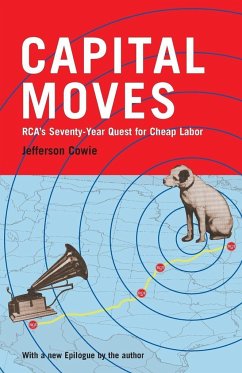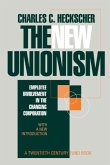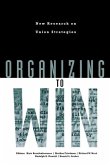Globalization is the lead story of the new century, but its roots reach back nearly one hundred years, to major corporations' quest for stable, inexpensive, and pliant sources of labor. Before the largest companies moved beyond national boundaries, they crossed state lines, abandoning the industrial centers of the Eastern Seaboard for impoverished rural communities in the Midwest and South. In their wake they left the decaying urban landscapes and unemployment rates that became hallmarks of late-twentieth-century America. This is the story that Jefferson Cowie, in "a stunningly important work of historical imagination and rediscovery" (Nelson Lichtenstein), tells through the lens of a single American corporation, RCA. Capital Moves takes us through the interconnected histories of Camden, New Jersey; Bloomington, Indiana; Memphis, Tennessee; and Juarez, Mexico -- four cities radically transformed by America's leading manufacturer of records and radio sets. In a sweeping narrative of economic upheaval and class conflict, Cowie weaves together the rich detail of local history with the national -- and ultimately international -- story of economic and social change.
Hinweis: Dieser Artikel kann nur an eine deutsche Lieferadresse ausgeliefert werden.
Hinweis: Dieser Artikel kann nur an eine deutsche Lieferadresse ausgeliefert werden.








